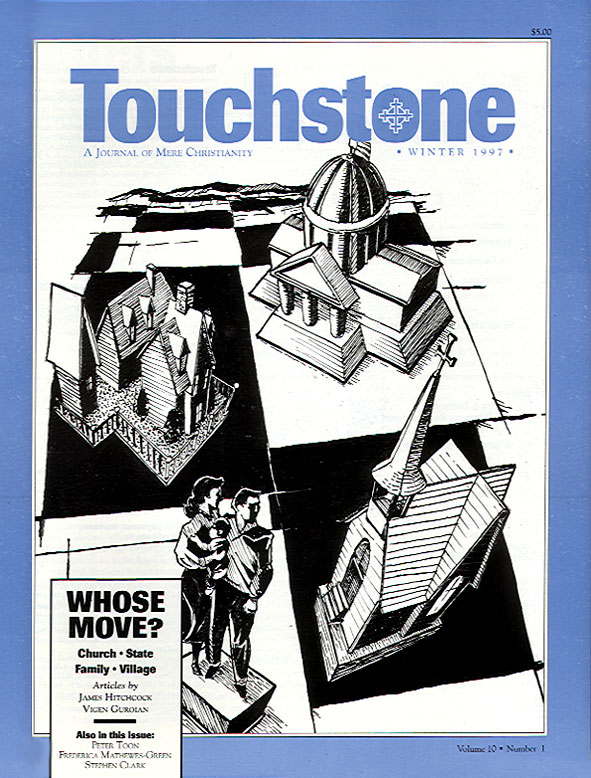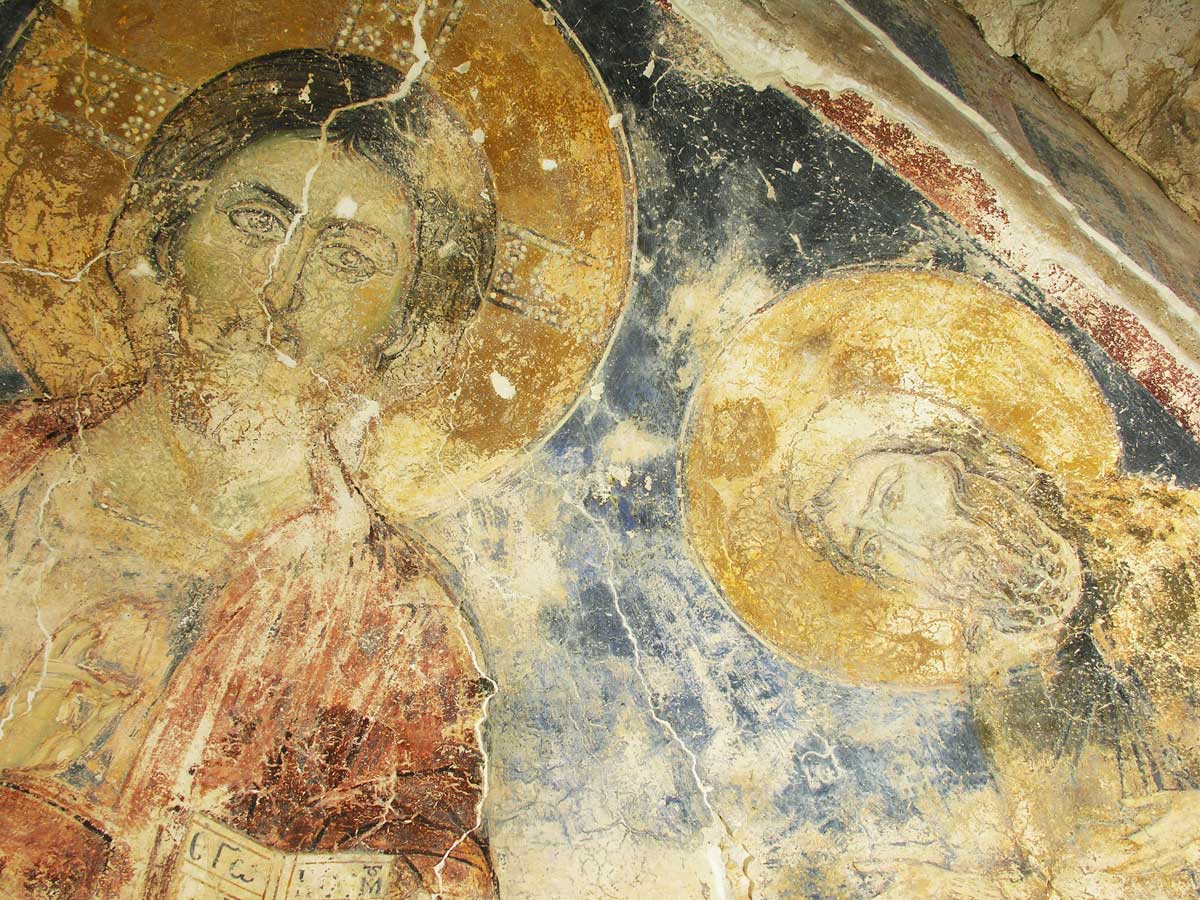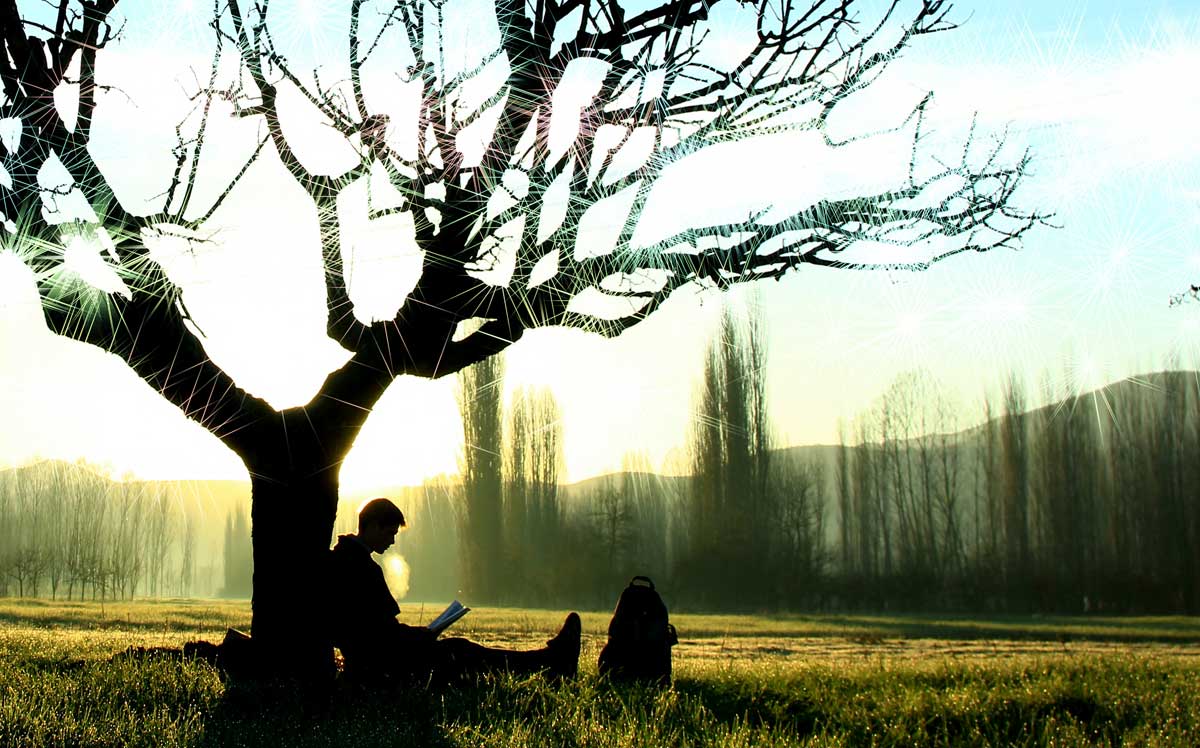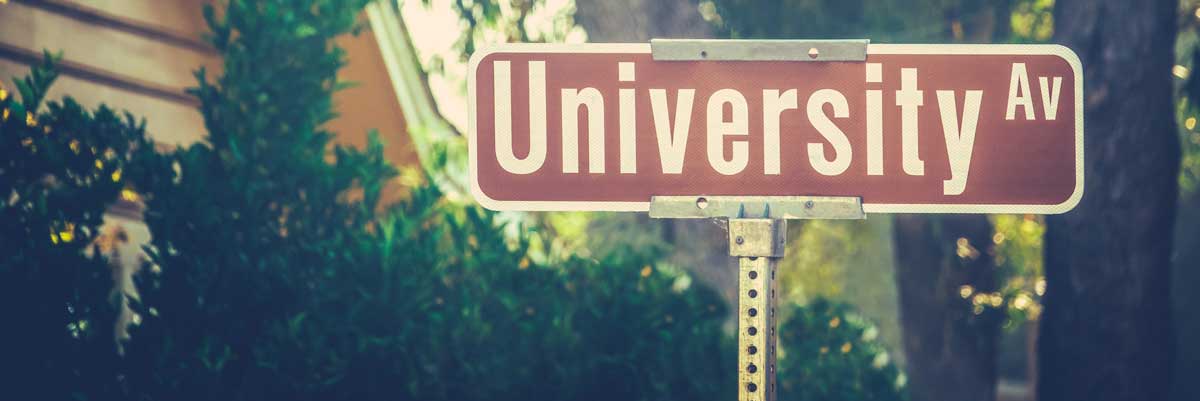Christ & Culture: A Dilemma Reconsidered
A New Look at Culture, Christians & the State by James Hitchcock
Culture, society, and state are commonly distinguished by social scientists, with the first the most difficult to define. The state—the apparatus of political organization—is obvious. Society is somewhat less so, but it involves visible, even measurable, realities—the family, economic institutions, social classes. Culture in a sense merely comprises everything else, although in a way it also includes the first two. It is the totality of a people’s communal life in all its manifestations.
The great historian Christopher Dawson devoted his entire career to studying the relationship of religion to culture, in works such as Progress and Religion (l929), Enquiries into Religion and Culture (l937), Religion and the Modern State (l940), Religion and the Rise of Western Culture (l960), and The Historical Reality of Christian Culture (l960).
Because of his acute sense of the importance of religion as the foundation of human culture, Dawson was perhaps the first modern critic to point out the ways in which the state is often antagonistic to culture. Among other things, religion teaches that there is a divine purpose to history, that man owes God collective as well as individual worship, and that the human race must be obedient to a law higher than that of the state, all of which make the relationship between religion and the state problematical and, to the degree that religion inspires the culture and is part of it, makes culture also a danger to the authority of the state. The Roman Empire persecuted Christianity not because Christians held different beliefs from the Romans but because the state could not control the Church.
The Marriage of Culture & State
Although seldom cast in these terms, in a sense one of the important “conservative” tasks in the modern West is the struggle to maintain not only the distinction between culture and politics but also the priority of culture over politics, the merging of the two being one of the principal characteristics of modern totalitarianism.
This merger is most easily seen in such things as the official art fostered by Communist and Fascist dictatorships, or by the official science that for a long time was the only kind tolerated in the Soviet Union. However, the claim of totalitarianism to extend its vigilance literally to every obscure corner of people’s lives necessarily destroys culture by sucking it into the constantly expanding political vacuum machine.
But the apparent defeat of totalitarianism in Europe does not mean the end of danger because, as Dawson once again pointed out, there has existed in the West for some time a kind of “soft” totalitarianism that ultimately has the same effect, although it is achieved more circuitously and slowly, and less painfully.
Again art offers the most obvious window. Beyond the controversy over the specific kinds of art supported by the National Endowment for the Arts is the larger question of whether a government agency should decide which kind of art is deserving of encouragement, a power that establishes certain styles, themes, and techniques as privileged, seeks to shape public taste by determining what is to be made available, and penalizes artists who do not conform to those expectations.
Cultural Elitism & Social Engineers
James Hitchcock is Professor emeritus of History at St. Louis University in St. Louis. He and his late wife Helen have four daughters. His most recent book is the two-volume work, The Supreme Court and Religion in American Life (Princeton University Press, 2004). He is a senior editor of Touchstone.
bulk subscriptions
Order Touchstone subscriptions in bulk and save $10 per sub! Each subscription includes 6 issues of Touchstone plus full online access to touchstonemag.com—including archives, videos, and pdf downloads of recent issues for only $29.95 each! Great for churches or study groups.
Transactions will be processed on a secure server.
more from the online archives
calling all readers
Please Donate
"There are magazines worth reading but few worth saving . . . Touchstone is just such a magazine."
—Alice von Hildebrand
"Here we do not concede one square millimeter of territory to falsehood, folly, contemporary sentimentality, or fashion. We speak the truth, and let God be our judge. . . . Touchstone is the one committedly Christian conservative journal."
—Anthony Esolen, Touchstone senior editor












